U.S. President Donald Trump declared that Russia and Ukraine could reach a war-ending deal "this week," as his team threatens that Washington could ditch the peace talks efforts if no step is taken in the near future.
"Both will then start to do big business with the United States of America, which is thriving, and make a fortune," Trump wrote on Truth Social over the weekend, referring to a potential deal.
His call comes as the Wall Street Journal, citing Western officials, reported that the U.S. presented a confidential document that outlined concessions the U.S. will make to Russia in order to reach a deal, including recognition of Moscow's illegal annexation of Crimea and barring Kyiv from joining NATO.
Trump said on April 21 that the U.S. has had "very good meetings" on Russia and Ukraine, and that he would be providing "full details over the next three days."
President Volodymyr Zelensky said that the Ukrainian delegation would hold the upcoming talks with the American, British, and French counterparts in London on April 23.
After what he called "a good and detailed" phone call with U.K. Prime Minister Keir Starmer, Zelensky said that Kyiv is ready to move forward "in the most constructive way possible to achieve an unconditional ceasefire" and lasting peace.
Ukrainian lawmaker and chair of the parliament's foreign affairs committee, Oleksandr Merezhko, told the Kyiv Independent that if Trump did follow through and formally recognize the occupied peninsula as Russian, it would be a "huge scandal" with major implications for the international rule of law.
"Much worse than Munich in 1938," he said.
Another U.S. proposal includes turning the areas surrounding Zaporizhzhia Nuclear Power Plant into neutral territory possibly under American control, according to the WSJ.
Nearly 100 days of Trump, and Putin is still calling the shots
It has been nearly 100 days since Donald Trump returned to the U.S. presidency and Russian missiles continue to rain down on Ukrainian civilians. Despite Trump’s pledge to end the war on “day one,” peace is nowhere in sight. When will the administration acknowledge that it is failing?

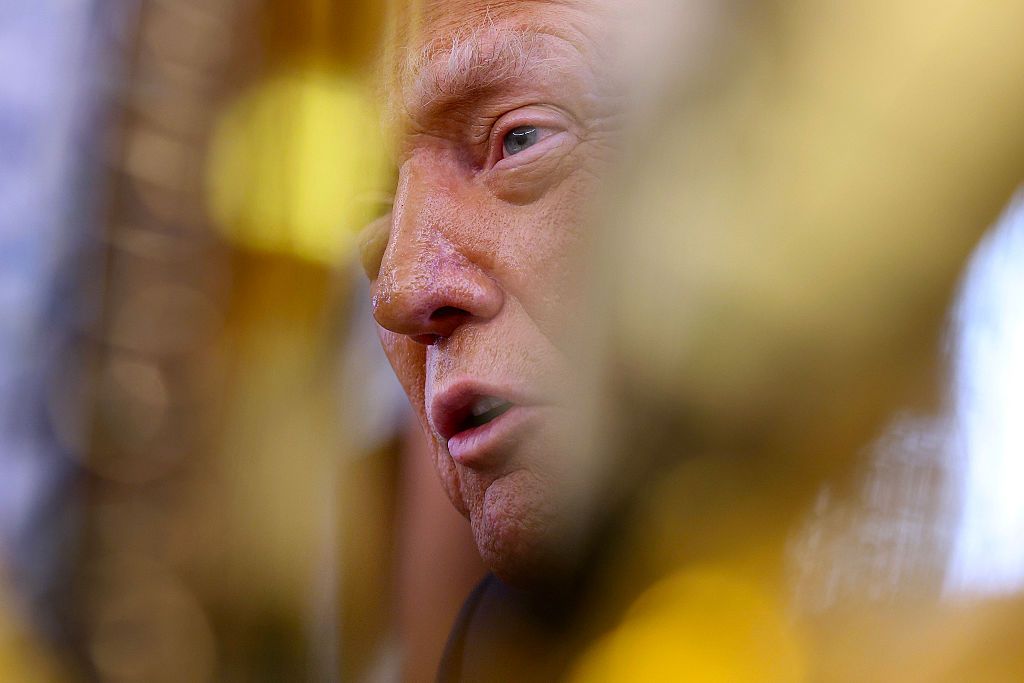
What is said to happen this week?
What could be a decisive week for Kyiv comes as the U.S.-Ukraine relations are experiencing another low point.
Following a clash between Zelensky, Trump, and his Vice President JD Vance at the Oval Office in February, Washington showed the extent to which it is willing to pressure Kyiv — temporarily cutting off military aid and intelligence sharing with Ukraine.
Meanwhile, it had not shown a desire to pressure Russia, despite Moscow's repeated rejection of a full ceasefire, agreed by Ukraine and the U.S. on March 11.
The U.S. continues its efforts to see a ceasefire agreed to by both sides.
Talks in Paris held on April 17 — the first high-level meeting between Ukrainian, European, and American officials since Trump took office — will be followed by another meeting in London.
U.S. Secretary of State Marco Rubio, U.S. special envoys Steve Witkoff and Keith Kellogg are set to take part in the London talks, according to the WSJ.
Rubio said on April 18 that the clock is ticking, and the U.S. has other priorities to focus on — stressing that the Russian invasion of Ukraine is "not our war." He said the U.S. must determine "very quickly now, and I'm talking about a matter of days," whether a deal is possible in the coming few weeks.
"We're not going to continue to fly all over the world and do meeting after meeting after meeting if no progress is being made," Rubio told reporters.
Trump, who is three months into his second presidency, had pledged to broker a long-term ceasefire within 24 hours, which he later adjusted to 100 days, which are to end on April 30.
What is the situation on the battlefield?
While the U.S. is directing its pressure on Ukraine, Russian troops are trying to carry out a spring offensive in multiple directions against their outmanned and exhausted Ukrainian soldiers.
Their increased attacks are, however, not delivering results.
Russian troops have secured minor gains over the past month and managed to force Ukrainian soldiers out of most of Russia's Kursk Oblast.
Russian forces are intensifying efforts to push Ukrainian troops out of the remaining Ukraine-controlled parts of Kursk Oblast and capture border areas of Sumy Oblast, Commander-in-Chief Oleksandr Syrskyi said on April 21.
"Intense fighting continues in Sumy Oblast in areas near the state border, as well as on the territory of the Russian Federation," Syrskyi wrote.
Despite that, the front line has remained static over the past few weeks.
It is unclear how well Ukraine could withstand another wave of Russian offensives as the manpower shortage and resource constraints worsen.
Can Europe save Ukraine?
Should the U.S. pull military and intelligence-sharing aid again, doubts are in the air over whether an increasingly divided Europe could fill in the gaps.
Europe has called for ramping up the continent's defense production capacity, stressing that Russia is outproducing all European countries combined.
Yet, European arms manufacturers are expressing doubts, saying that scaling up production to fill in the gaps would take time and depend on political will, Reuters reported.
Rubio has not made it clear whether the U.S. would fully pull the plug on supporting Ukraine if no peace agreement is reached this week.
After the U.S. temporarily halted its military aid and intelligence sharing with Ukraine, European leaders have shown solidarity with Kyiv.
European Commission President Ursula von der Leyen said in an interview with German newspaper Die Zeit, published on April 15, that it is important for Europe to show that it is "staying power" as Putin's "imperialistic ambitions" could drive Russia to attempt an attack on NATO or EU countries in the future.
"There is no limit to his imperialistic ambitions," von der Leyen told Die Zeit.
While visiting Kyiv in March, Starmer vowed that the U.K. would stand with Ukraine "for as long as it may take."
French President Emmanuel Macron, who has called for strong measures to "impose a ceasefire on Russia, also vowed that his country would scale up its support for Ukraine in March.
European leaders have been meeting to discuss possible security guarantees they could provide Ukraine since Trump's push for peace talks in mid-February.
‘Putin believes he has the upper hand’ — Ukraine braces for a new Russian spring offensive
In a way unseen since the start of the full-scale invasion, the daily grind of the front line in Russia’s war against Ukraine has taken the back seat in world headlines. The dizzying U.S. President Donald Trump-led attempts to negotiate peace in the world arena dominate the news cycle


What does Ukraine think of US peace effort?
As the U.S.-led peace talks continue despite obstacles, Ukraine has laid out its red lines.
Russia is not to gain more Ukrainian territories, an establishment of international security guarantees to prevent Russia from violating the ceasefire, and the return of Ukrainian civilians, including children, illegally abducted and held by Russia, are among Kyiv's demands, the Independent reported, citing senior Ukrainian officials.
Ukrainian authorities have said on multiple occasions they won't recognize any of Ukraine's territories as Russian, including Crimea.
In turn, Ukraine has agreed to an unconditional U.S.-proposed 30-day ceasefire if Russia follows suit. Russia has only intensified its indiscriminate attacks on civilians in Ukraine since then.
Russia attacked the city of Kryvyi Rih with ballistic missiles on April 4, killing 20, among them nine children. On April 13, Russia used cluster munitions to attack the city center of the regional capital, Sumy, killing 36.
Russian President Vladimir Putin said he ordered an Easter ceasefire that supposedly began at 6 p.m. on April 19 and ended 30 hours later. Ukrainian soldiers on the ground told the Kyiv Independent that they had not seen signs of the ceasefire as the fighting raged on across the front.
Ukraine remains wary of any ceasefire agreement with Russia, given how Moscow has violated the truce multiple times over the 2014-2022 war in eastern Ukraine. The concerns also veil around who would oversee the ceasefire, as Russia is unlikely to agree to stationing NATO troops so close to the Russian border.
European officials have warned against a rushed peace deal, which has kept smaller Baltic nations near Russia on their toes.
Trump's sharp U.S. policy turn on Ukraine has raised deep concerns over the future of international security, with the reported potential American recognition of Russia's annexation of Crimea possibly causing further damage.
Such a move would set an example to other authoritarian states that a bigger country can redraw the border by force.
Pope Francis leaves a mixed legacy in wartime Ukraine, overshadowed by historic Vatican-Moscow ties
Pope Francis, who passed away on April 21 at 88, leaves behind a legacy as vast and varied as his global influence. Yet in Ukraine, his track record is far from positive. For many Ukrainians, the Pope’s legacy is shaped by his repeated downplaying of the gravity of Ukraine’

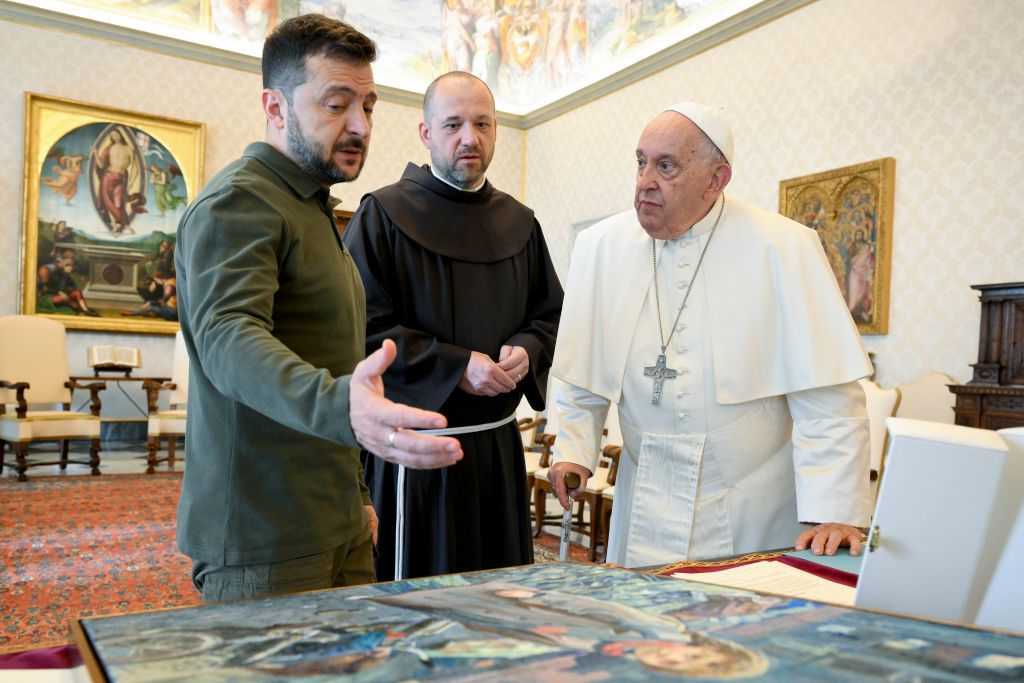
.png)
 German (DE)
German (DE)  English (US)
English (US)  Spanish (ES)
Spanish (ES)  French (FR)
French (FR)  Hindi (IN)
Hindi (IN)  Italian (IT)
Italian (IT)  Russian (RU)
Russian (RU)  12 hours ago
5
12 hours ago
5
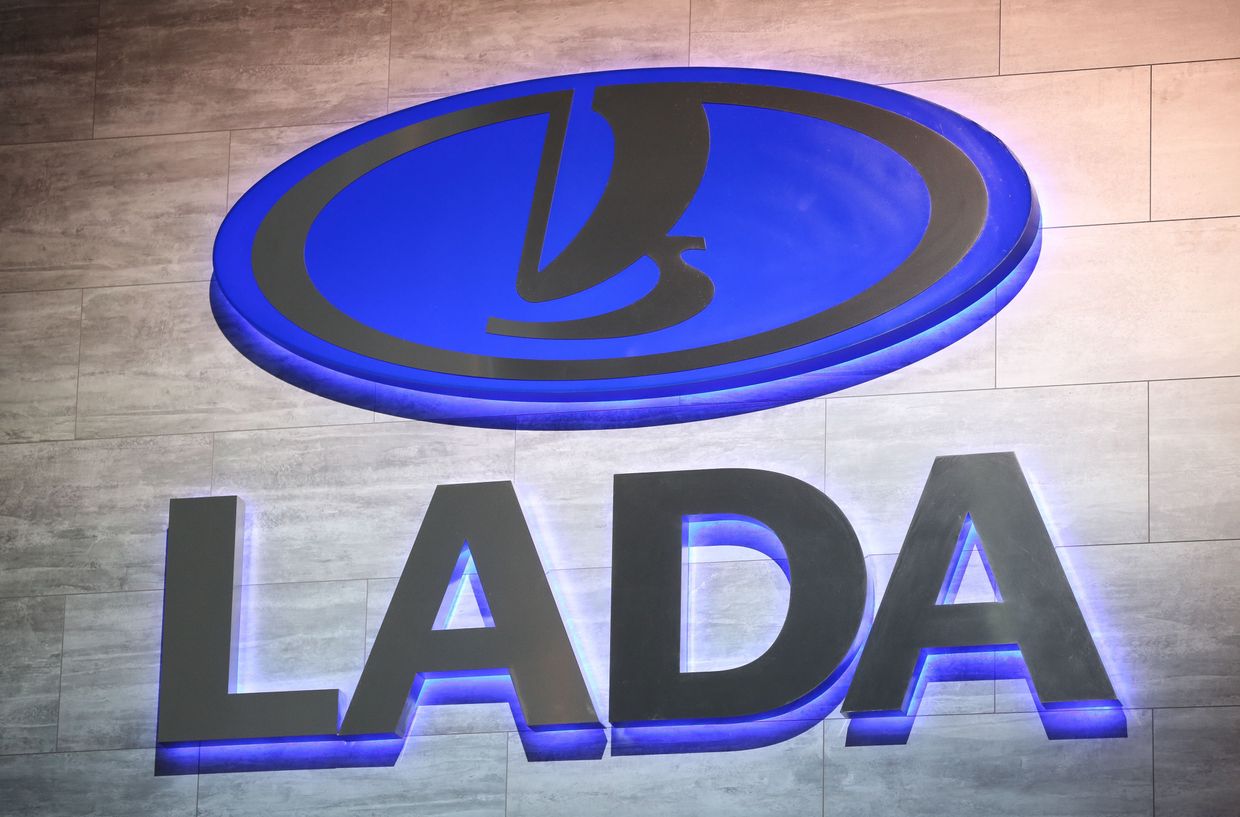


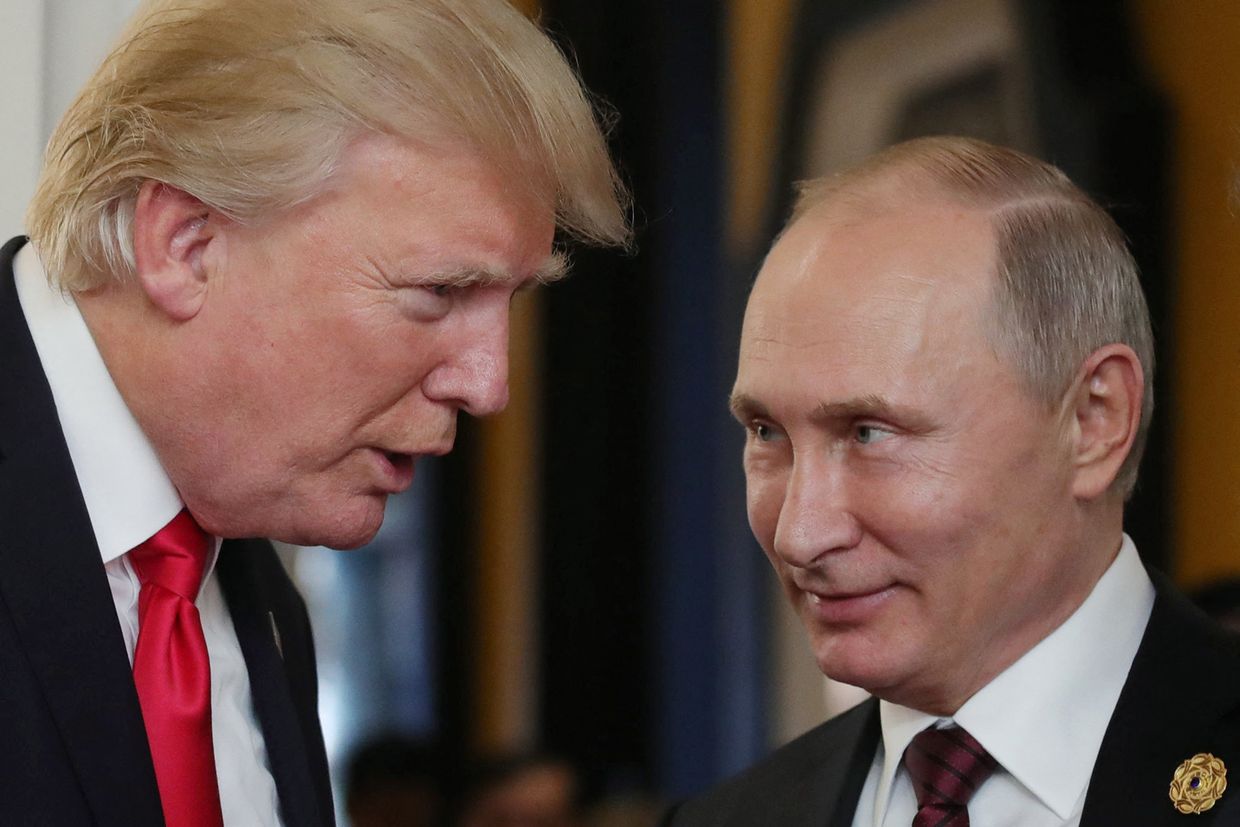


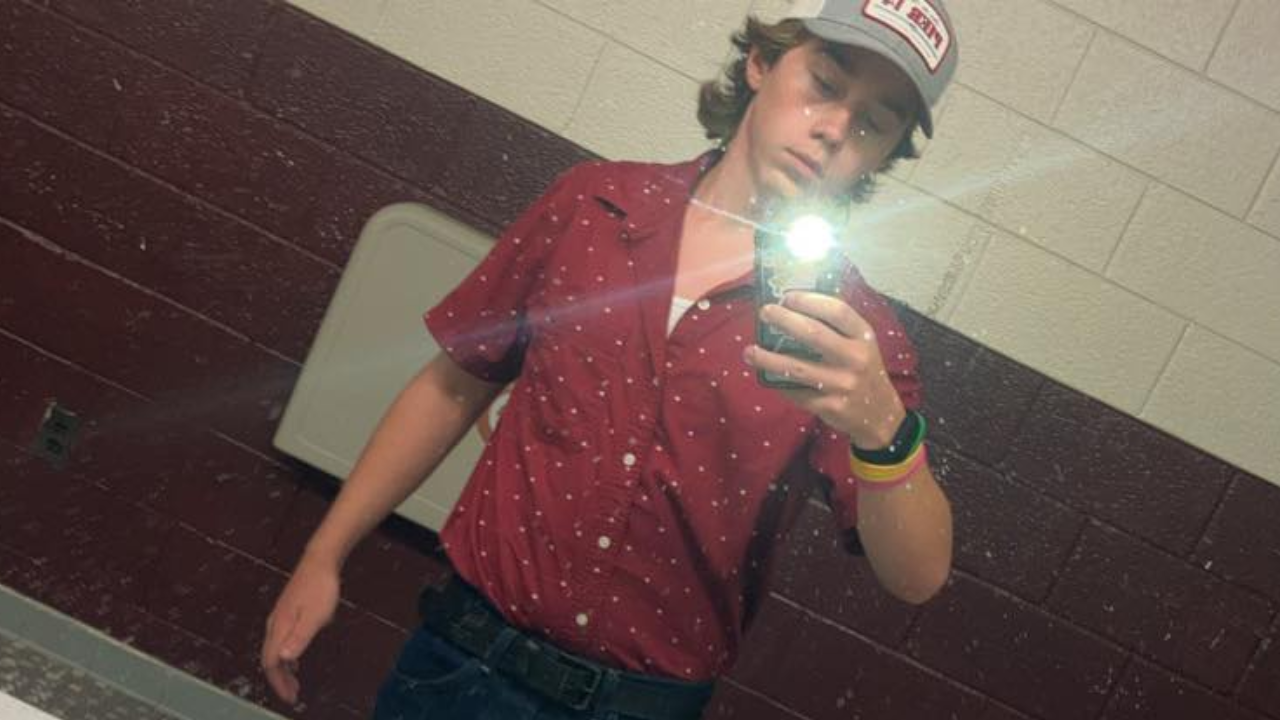
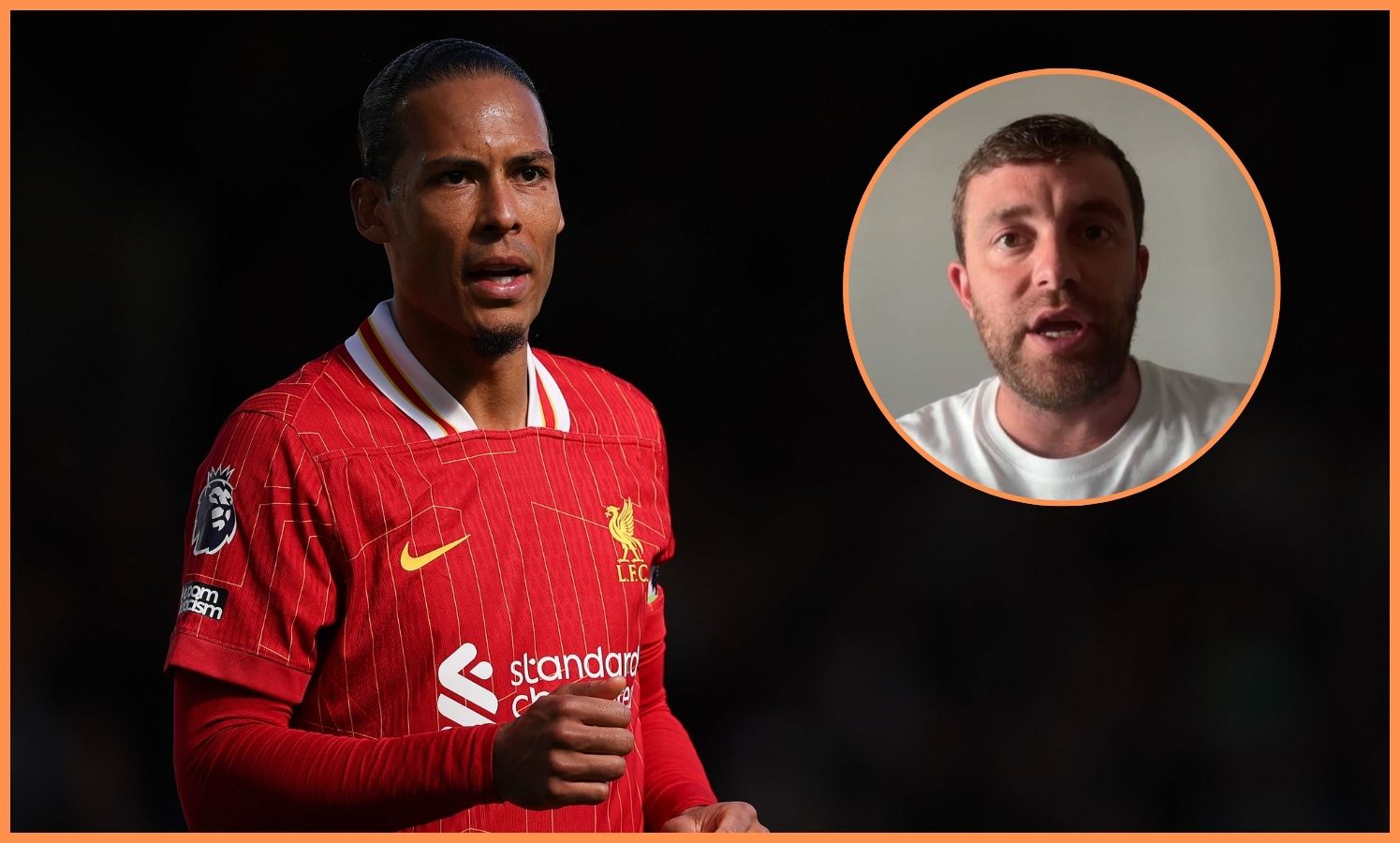

Comments